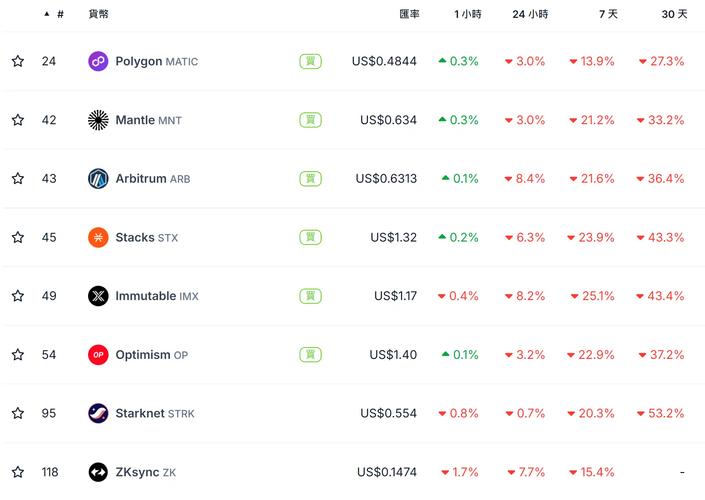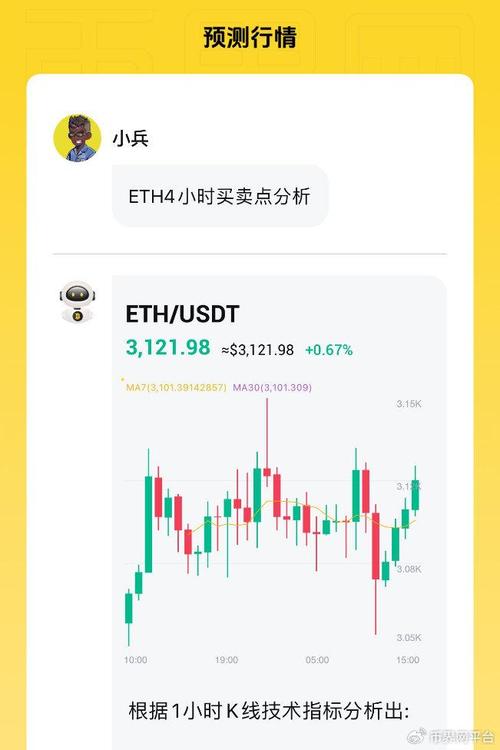
Estimate ETH Gas Fees: A Comprehensive Guide
Understanding Ethereum gas fees is crucial for anyone looking to interact with the blockchain. Gas fees are the costs associated with executing transactions on the Ethereum network. These fees are paid in Ether (ETH), and their amount can vary significantly based on several factors. In this article, we will delve into the intricacies of estimating ETH gas fees, providing you with a detailed and multi-dimensional overview.
What Are Gas Fees?
Gas fees are the price you pay for executing operations on the Ethereum blockchain. These operations can range from simple transactions, like sending ETH, to complex smart contract interactions. The Ethereum network uses a gas limit to ensure that transactions are processed efficiently. When you initiate a transaction, you set a gas limit, which is the maximum amount of gas you are willing to pay for the transaction to be completed.

Factors Affecting Gas Fees
Several factors influence the gas fees on the Ethereum network:
-
Network congestion: When the network is busy, gas fees tend to rise. This is because there are more transactions competing for the same amount of network resources.
-
Transaction complexity: More complex transactions, such as those involving smart contracts, require more gas and, consequently, higher fees.
-
Block size: The size of a block can also impact gas fees. Larger blocks may lead to higher fees as they require more computational resources to process.

-
Time of day: Gas fees can vary throughout the day. Generally, fees are lower during off-peak hours.
How to Estimate Gas Fees
Estimating gas fees involves several steps:
-
Check the current gas price: Use a gas fee estimator tool to get the current average gas price on the Ethereum network.
-
Estimate the gas limit: Determine the gas limit for your transaction based on its complexity. You can use online tools or consult the Ethereum documentation for guidance.
-
Calculate the estimated gas fee: Multiply the gas price by the gas limit to get the estimated gas fee in ETH.
Here’s a table showing the estimated gas fees for different transaction types:
| Transaction Type | Estimated Gas Fee (ETH) |
|---|---|
| Simple ETH transfer | 0.000015 ETH |
| Smart contract interaction | 0.0005 ETH |
| Deploying a new smart contract | 0.01 ETH |
Using Gas Fee Estimators
Gas fee estimators are online tools that help you estimate the cost of your Ethereum transactions. These tools take into account the current network conditions and provide you with an estimated gas price and fee. Some popular gas fee estimators include:
-
Gasnow
-
Gasprice
-
Blockchair
Optimizing Gas Fees
There are several ways to optimize your gas fees:
-
Use a lower gas price: If you’re not in a hurry, you can opt for a lower gas price, which will reduce your transaction fee.
-
Wait for off-peak hours: Gas fees tend to be lower during off-peak hours, so consider scheduling your transactions accordingly.
-
Optimize your transaction: Ensure that your transaction is as simple as possible. Avoid unnecessary data and complex operations.
Conclusion
Estimating ETH gas fees is an essential skill for anyone interacting with the Ethereum network. By understanding the factors that influence gas fees and using gas fee estimators, you can make informed decisions about your transactions. Remember to optimize your gas fees to save on costs and ensure smooth transactions on the Ethereum blockchain.



